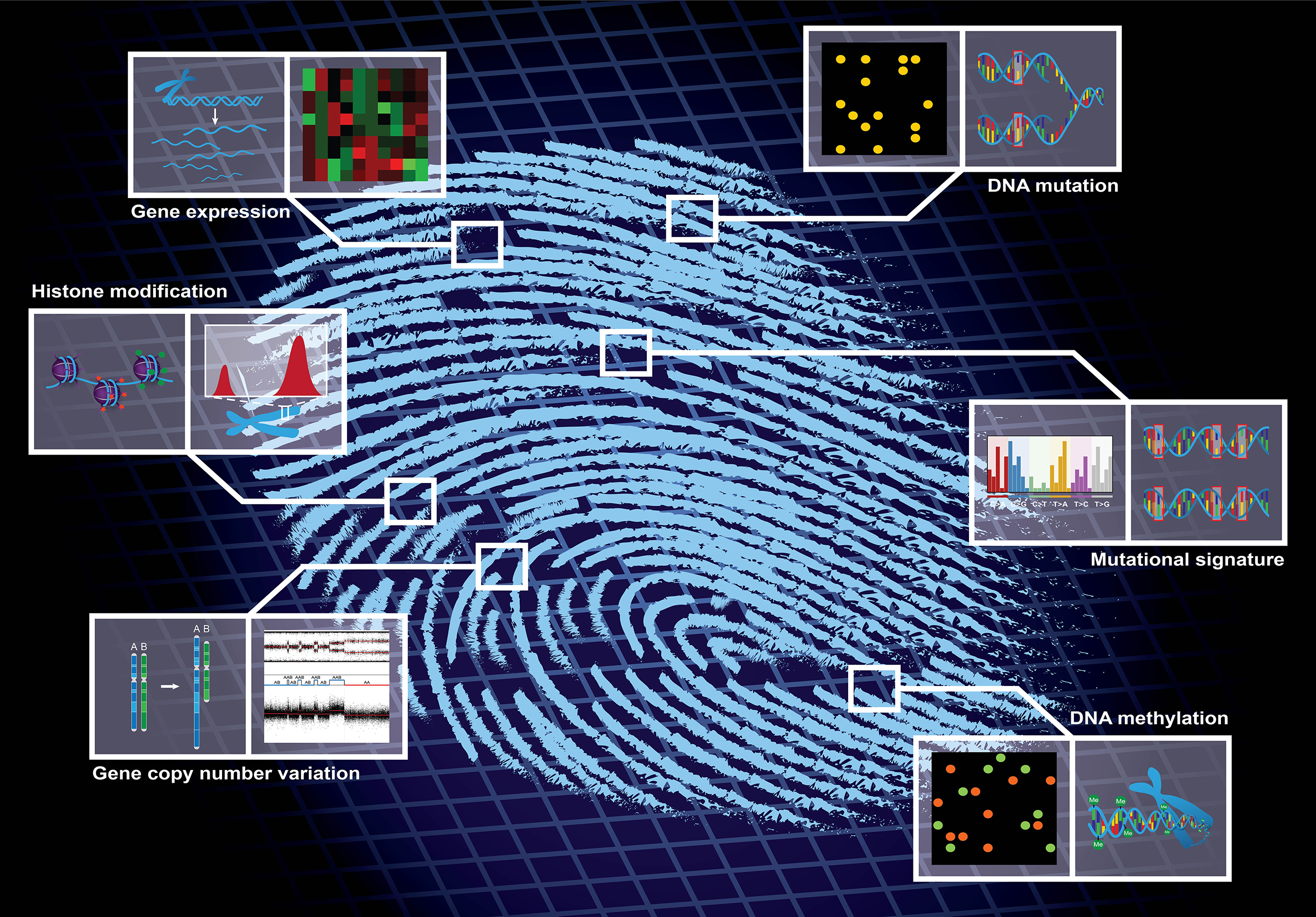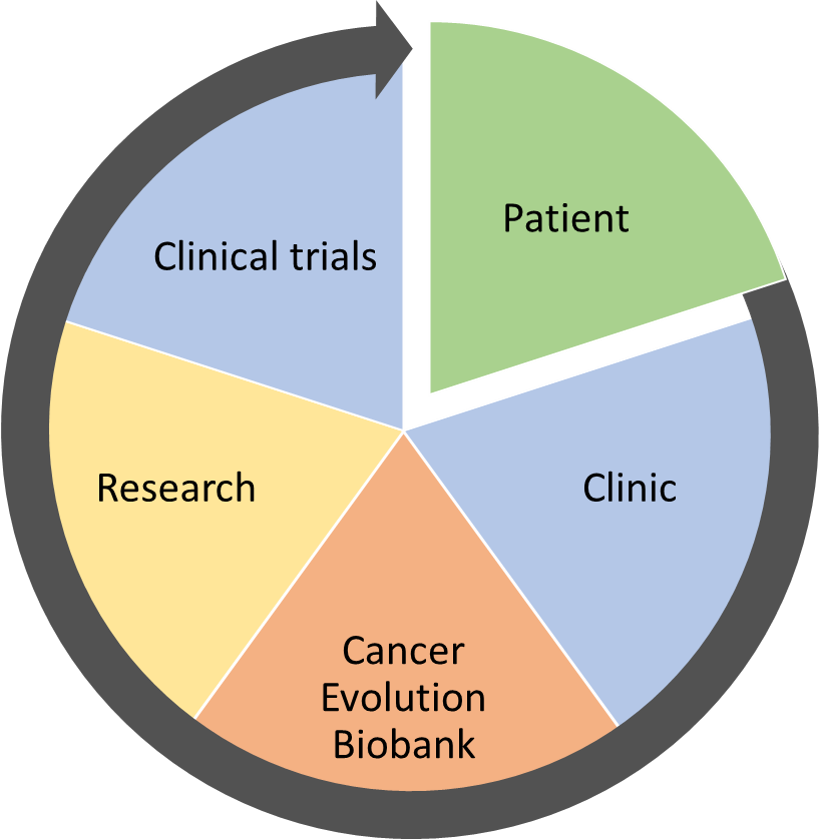Cancer Evolution Biobank

Cancer is a significant clinical problem in Australia and across the world. It is critical to develop novel treatment strategies to improve the health outcome for patients.
Despite major improvements in therapies, at least 50% of patients with advanced melanoma still die of disease. Moreover, many patients will receive therapy with no benefit but risk serious side-effects. Improved therapies are needed if patient survival is to increase.
Oesophageal Adenocarcinoma (OAC) is also a major health problem in Australia. For more than 50% of OAC patients, their initial diagnosis is made when they already have advanced disease. In addition, half of patients undergoing curative surgery ultimately have their cancer recur. Outcomes for standard chemotherapy have plateaued and patients have poor overall survival of 8-11 months. Progress in the prognostication and targeted treatment of OAC patients has been hampered by limited understanding of the genomics of this disease.
The Cancer Evolution Biobank is a specialised Biobank that is used as a critical tool to study oesophageal adenocarcinoma (OAC), melanoma and pancreatic cancer. It was established by Professor Andrew Barbour and is partially supported by a PA Research Foundation award. The Cancer Evolution Biobank currently supports 12 research projects across Australia. These projects encompass many areas of cancer research including: genomics, therapeutic immune response, drug discovery, and biomarker discovery relating to diagnosis and treatment response.

Samples in our biobank are available to national and international research groups with ethics approval and a sound research proposal. We have over 12,000 blood and tissue samples stored from over 900 patients. This Biobank provides researchers with ethically collected, high quality human tissue, blood and matching clinical data.
In the era of personalised medicine, our biobank collect tumour and blood samples from melanoma and OAC patients before and after treatment to understand why treatments often fail. We process and store samples using methods that are nimble enough to change with new technologies which constantly evolving.
This rare resource underpins our own translational research work and fosters wider collaborative research efforts at the Princess Alexandra Hospital/Translational Research Institute Campus and nationwide. The research that is facilitated by this Biobank will improve health outcomes for Australians diagnosed with cancer by delivering high quality care through a person-centred approach.
Contact us
Phone: 0436113930
Email: cebenquiries@uq.edu.au
Surgical Oncology Research Group
Frazer Institute
37 Kent Street, Woolloongabba QLD 4102
